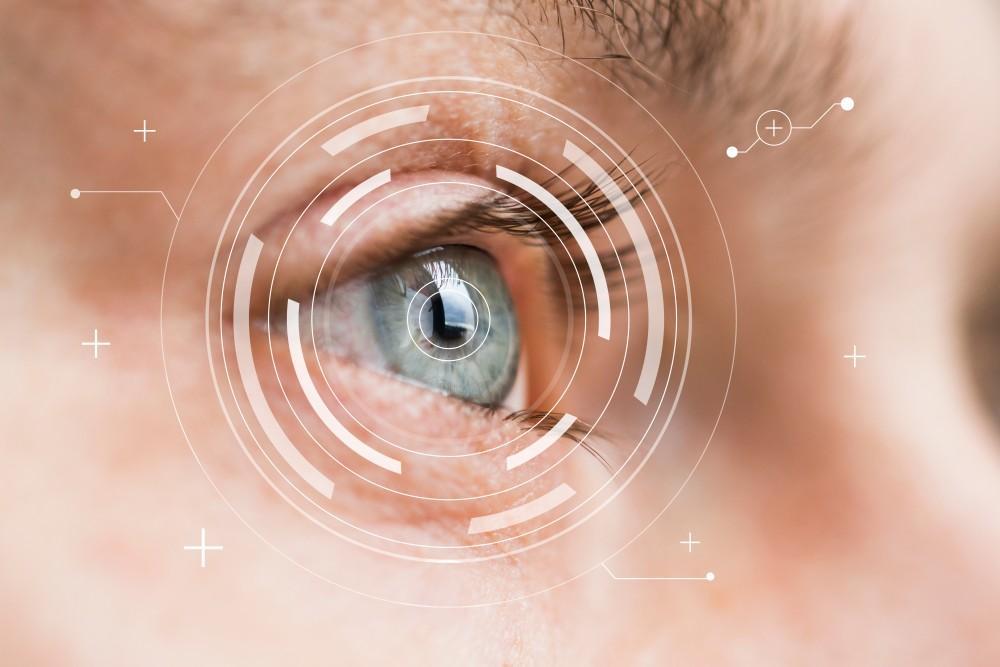
What Problems Can Affect Your Cornea and How Are They Treated?

Anything that affects your vision also affects your life. Sight is a precious sense, and your world can easily become more limited if you experience blurred or cloudy vision or a loss of vision.
Your cornea, the clear outer layer of your eye, plays a central role in your sight. It helps your eyes see and focus when light hits its curved surface. Along with your sclera, the white part of your eye, your cornea is also your eyes’ first defense against germs and debris that could damage them.
When your cornea becomes infected, diseased, or traumatized by an injury, it can affect your vision. Dr. Stephen Khachikian, board-certified ophthalmologist in Rapid City, South Dakota, provides comprehensive eye exams, promptly diagnoses any eye problems, and develops an individualized treatment plan.
If you experience cloudiness, blurred vision, pain, unexplained redness, or tearing, it’s important to see an eye specialist right away. These are symptoms of an issue with your cornea.
Many cornea disorders are progressive, so early treatment yields the best results. Dr. Khachikian is an expert in treating cornea problems and in performing cornea surgery.
Corneal infections
Perhaps blurred vision, pain, extreme sensitivity to light, or a red eye has brought you to the eye doctor. These are all symptoms of a corneal infection.
A leading cause of cornea infections is a break in your hygiene routine if you wear contacts. Were you so tired one night that you went to sleep with your contacts in? Never wear contact lenses to bed, no matter how exhausted you feel. Using good contact lens hygiene helps lower your risk of cornea infections.
Dry eyes can also result in a cornea infection. Left untreated, the condition can result in vision loss. Dr. Khachikian prescribes eye drops, tear producing medications, or other methods to help control your dry eye.
You may also have ocular herpes, the same virus that produces cold sores.
Whatever the infection, Dr. Khachikian provides expert treatment. He prescribes antibiotic eye drops that treat the cause of your infection, whether it’s bacteria, herpes, other viruses, or a fungus. He may also prescribe steroid eye drops to control inflammation.
Corneal dystrophies
There are numerous types of corneal dystrophies — changes in the cornea that can damage your vision. Many of these diseases are hereditary. A common one is keratoconus.
If you experience sudden cloudiness or blurred vision or are frequently changing your eyeglasses prescription, you may have keratoconus, a condition in which your cornea distorts into more of a cone shape. It’s important to treat keratoconus as soon as possible so your vision isn’t permanently impaired.
If your keratoconus worsens and glasses or contacts aren’t helping enough, Dr. Khachikian may use collagen cross-linking to help stop its progression. UV light and special eye drops stimulate collagen fibers in your cornea that help retain your cornea’s structure.
Dr. Khachikian might recommend Intacs® corneal implants, which help reshape the cornea. Alternatively, he might recommend corneal transplant surgery, in which you receive donor tissue.
Treatments for the many types of corneal dystrophies range from eye drops, ointments, and eye patches to partial or full corneal transplants.
If you’re experiencing a vision problem, get the answers that can help preserve your vision. Call Stephen Khachikian, MD, or book an appointment through our online portal today.
You Might Also Enjoy...


I’m Not a LASIK Candidate. What About PRK?

Telltale Signs Your Eye Problem Is a Cornea Issue

Why Are Cataracts Common In Seniors?

Can You Prevent Keratoconus From Getting Worse?


